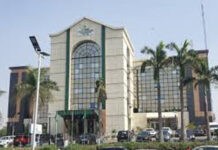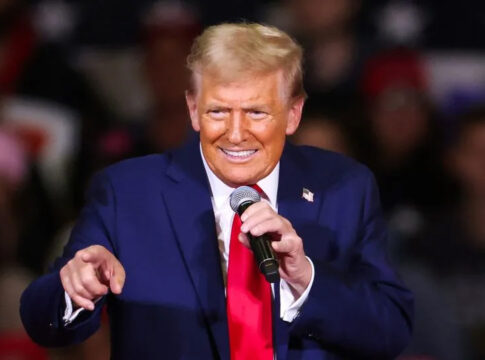US president Donald Trump signed an executive order on Monday directing the State Department and the Treasury Department to evaluate specific Brotherhood subdivisions for designation under US counterterrorism laws, including the Immigration and Nationality Act and the International Emergency Economic Powers Act.
Why the US is targeting these chapters
The order states that certain Brotherhood chapters outside Egypt have evolved into armed groups that support or directly participate in violence across the Middle East.
According to the document:
The Lebanese chapter’s military wing joined Hamas, Hezbollah, and Palestinian factions in launching rocket attacks on civilian and military targets in Israel after October 7, 2023.
A senior Egyptian Muslim Brotherhood figure publicly called for attacks against US partners and interests on the same day.
Jordanian Brotherhood leaders have allegedly provided material support to the militant wing of Hamas.
US officials say these activities endanger American civilians in the Levant and undermine the security of regional partners.
What the executive order requires
Under the order:
The Secretary of State and the Secretary of the Treasury must submit a joint report within 30 days identifying which Brotherhood chapters should be designated.
Within 45 days of that report, the agencies must take “all appropriate action” to formalize the designations as FTOsand global terrorist organizations.
The designations, once finalized, could freeze assets, restrict financial activity, and impose legal penalties on entities linked to the targeted chapters.
The order emphasizes that its implementation must comply with existing US law and available government funding.
Context and implications
The Muslim Brotherhood, founded in Egypt in 1928, has chapters across the Middle East. While some operate as political or social groups, others — according to US intelligence cited in the order — have developed armed wings or provided support to militant networks.
If implemented, the designations would mark one of the broadest US actions ever taken against Brotherhood chapters, significantly expanding Washington’s counterterrorism blacklist. — Agencies






















